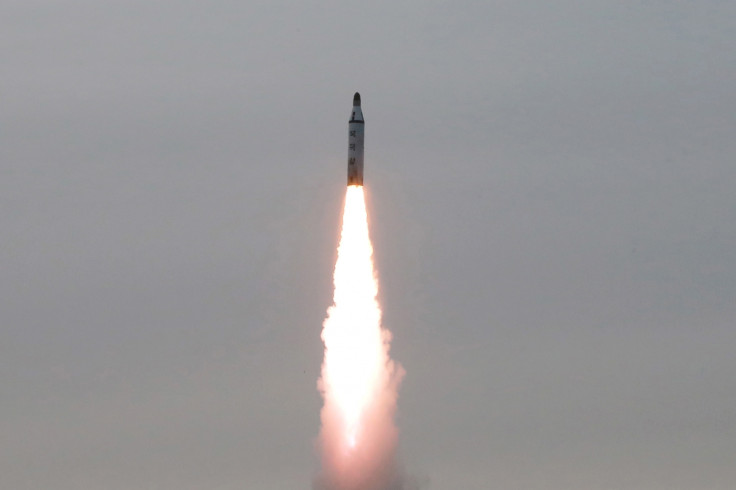US think tank warns North Korea could develop up to 100 nuclear weapons by 2020
Rand Corporation says Pyongyang is testing nuclear missiles that can threaten targets across the Pacific Ocean.
A US-based think tank has estimated that given the pace of North Korea's nuclear programme, Pyongyang could have enough fissile material to develop up to 100 nuclear weapons by 2020. The organisation has warned ahead of the US presidential elections that the new administration would face major challenges from the East Asian country, highlighting the need to review its policy on Pyongyang.
In its latest report, Rand Corporation – an American nonprofit global policy think tank – said that Japan and South Korea are "losing faith in the US nuclear umbrella". The think tank warned that it was upset as Washington failed to constrain North Korea's nuclear programme, which has led to the two US allies to call for "independent nuclear arsenals".
Rand Corporation noted that the new administration that takes charge in Washington following the 8 November election would have to focus on tackling the growing security threats in the Korean peninsula.
"During the next four to six years, Pyongyang will possess a nuclear force of sufficient size, diversity, reliability, and survivability to invalidate our regional military posture and war plans by holding at risk key bases and amplifying the risk to allies.
"The most recent open-source estimates suggest North Korea may already have enough fissile material to build between 13 and 21 nuclear weapons; by 2020, it could possess enough for 50 to 100. The DPRK [Democratic People's Republic of Korea or North Korea] can already deliver nuclear weapons by aircraft or ship and perhaps by theater ballistic missiles; it is now testing nuclear-capable missiles that could threaten targets across the Pacific Ocean, including the continental United States.

"Current estimates suggest a number of these nuclear-tipped missiles—long-range, road-mobile, and submarine-launched—could be operational between 2020 and 2025," the report warned.
It further stated: "A DPRK nuclear force approaching 100 weapons with multiple delivery means likely poses an unacceptable threat to US and South Korea [or the Republic of Korea, ROK] security, as well as a serious proliferation threat."
The foreign policy think tank stressed that the incoming US administration will have to face "critical policy questions" involving what measures need to be taken to stop North Korea's Kim Jong-un from pursuing their nuclear programme; what should the US do if provocation continues and what should be done if South Korea initiates a counterforce attack or begins developing its own nuclear force.
© Copyright IBTimes 2025. All rights reserved.





















